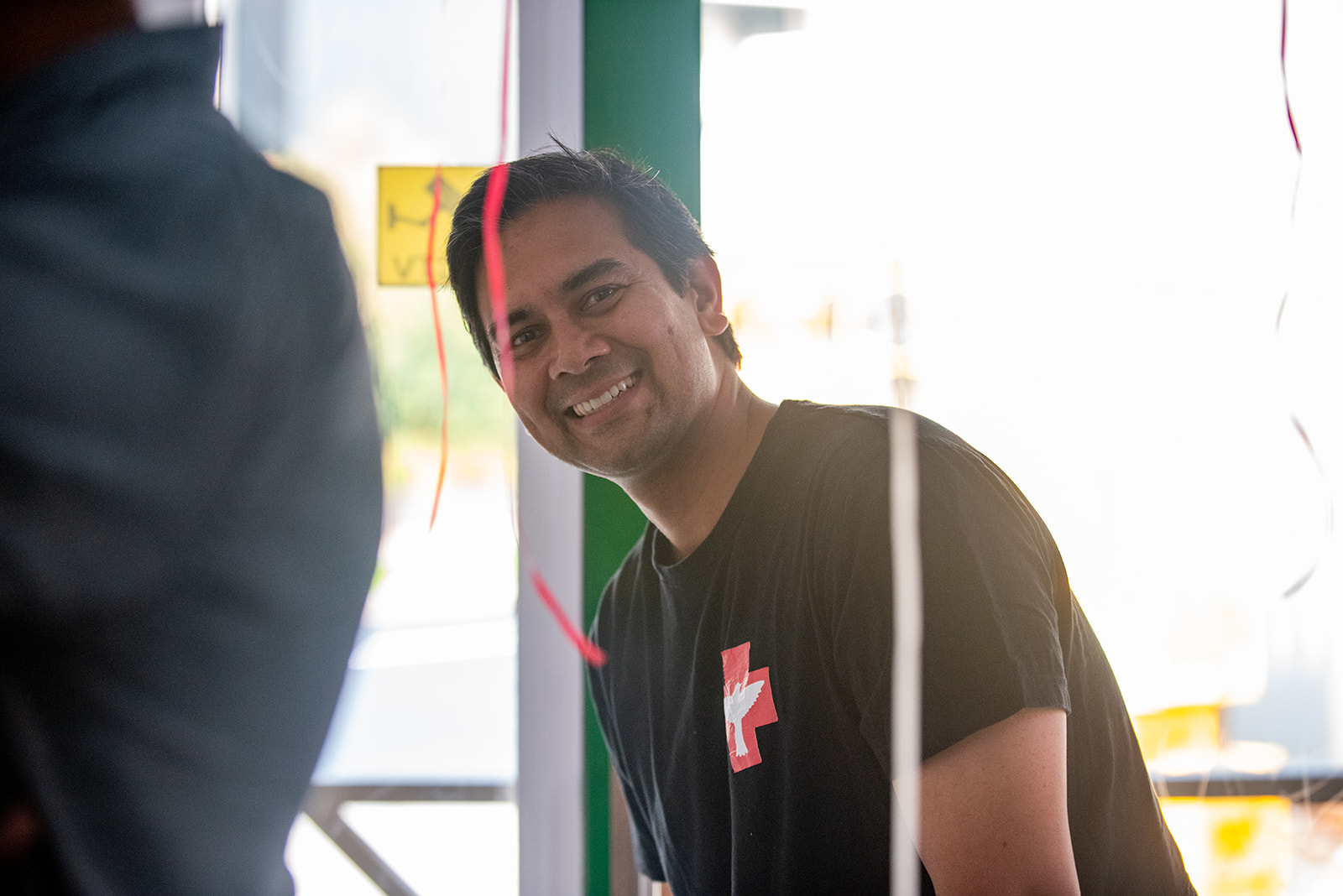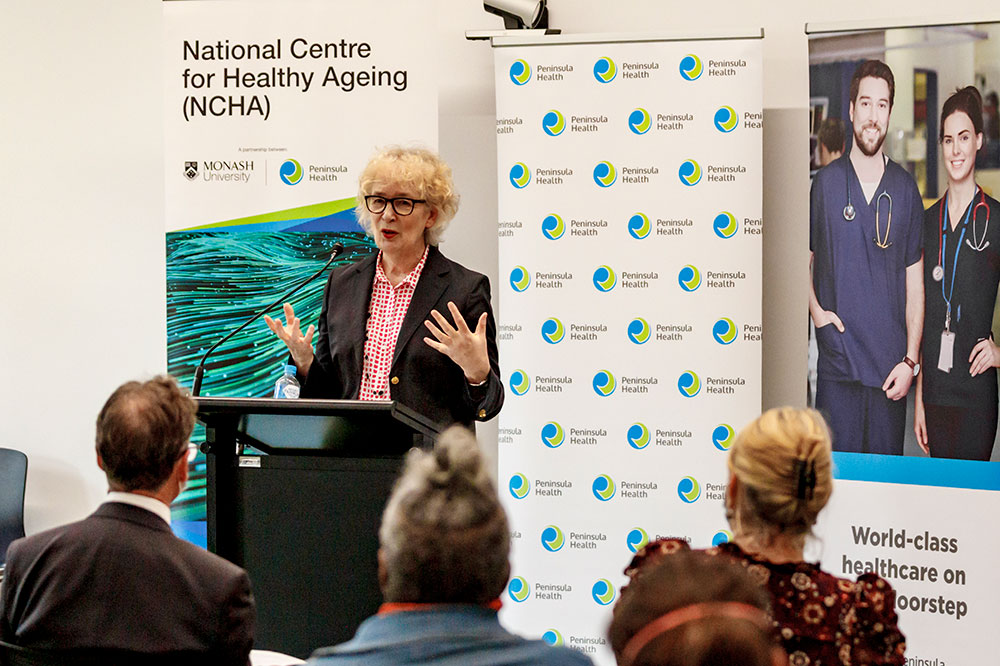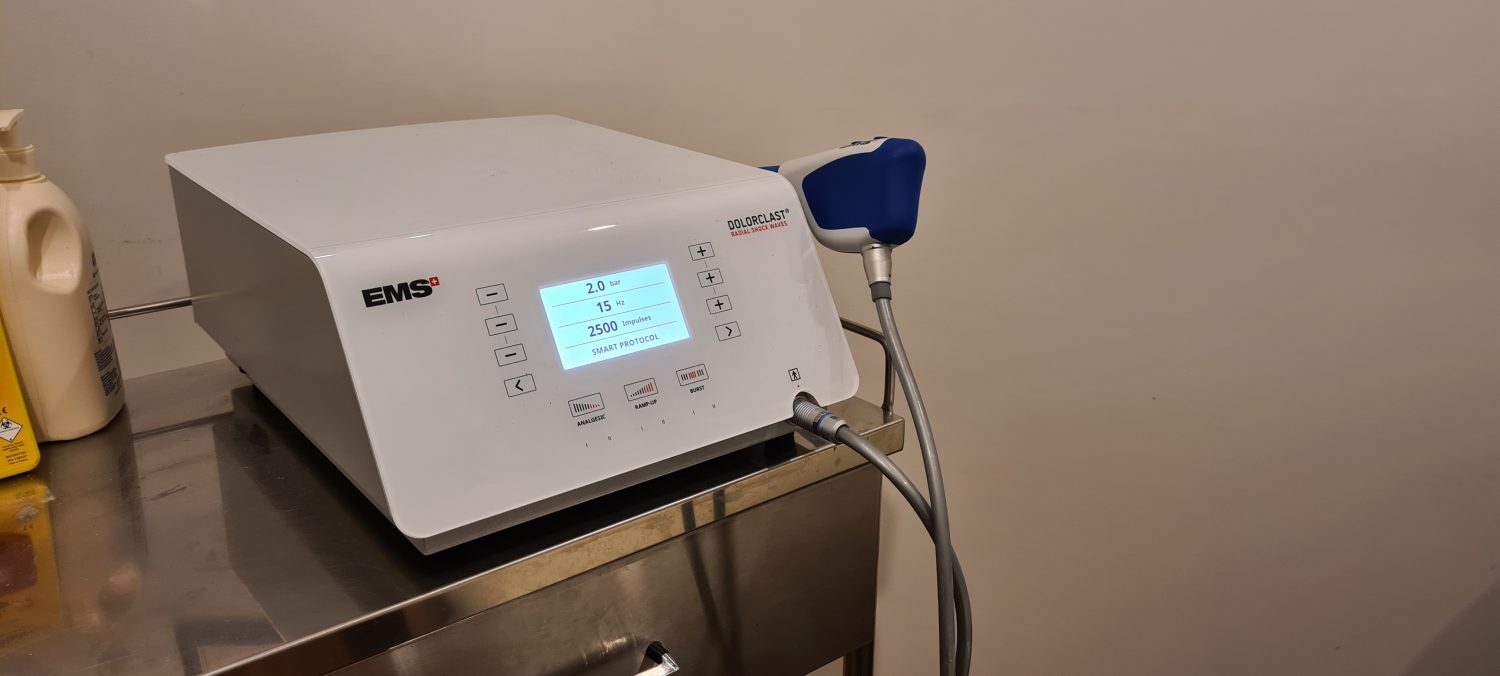Well, the fact of it is, I didn’t know what to do. I resolved that being a doctor in the first instance gave the understandable mission of helping people be “normal”. Of course, as things progressed, I’ve lost track of what exactly normal is. Indeed, there’s no normal.
Nevertheless, it’s worthwhile talking here about the core of general practice – preventative health. I know, boring. But think about it, all those things that “could” happen to you, many you can avoid. The human body is generally very forgiving. In life, we give it a battering and in general, it shuts up and puts up. So perhaps the suggestion of a little bit of maintenance is fair enough.
I’ll extend the conversation a bit more and consider yet another Steven Covey idea – the four quadrants. Basically, he considers that there are four quadrants in which we all spend our time. Here it is…
| Quadrant 1 – URGENT and IMPORTANT | Quadrant 2 – NON URGENT and IMPORTANT |
| Quadrant 3 – URGENT and UNIMPORTANT | Quadrant 4 – NON URGENT and UNIMPORTANT |
The message is that a lot of us spend our time in Quadrant 1 during the day, undertaking activities that are urgent and important. Quadrants 3 and 4, we won’t discuss here. Quadrant 2 is the main focus of this.
To explain, take the example of a car. If you don’t service your car, it will break down one day and when it does, you’ll be at the side of the road, summoning roadside assistance. You’ll be in Quadrant 1 – urgent and important. If however, you regularly service your car, you’ll hopefully prevent that from happening. You will then be spending time in Quadrant 2 which is a lot less stressful. Your health is just the same, you either deny, fear or neglect your health and be presented with a bout of ill-health, forcing you into Quadrant 1. Or, you spend time considering and valuing your health and partaking in behaviours commensurate with that. In other words, engrossed in Quadrant 2. Note that both of these options may well take the same time and effort on your behalf, except the latter is less stressful, is related to better outcomes and allows your life to be much more in your control.
Again, I get it though, preventing disease is just an arduous, boring thought and task for many. This is where perhaps some of the more novel “wearables” may have a role to play. Smartwatches, that track your health parameters. Last fortnight, we spoke to our resident Cardiologist, Dr Cheng Yee Goh about the value of heart rate monitoring and concluded that some measurements being captured are helpful, others not so much. Still, when we record and view our data, at least it’s offering us a cue to care. From that, perhaps more of our behaviours could change.
Still, it stands, as an individual and society, that so many of our health woes, notwithstanding the hand of lady luck, could be prevented and that remains a worthwhile aspiration. Increasing our success in disease prevention, makes total sense on multiple levels and is believable. It’s a mission that keeps me highly motivated, to this day, to be a GP.


